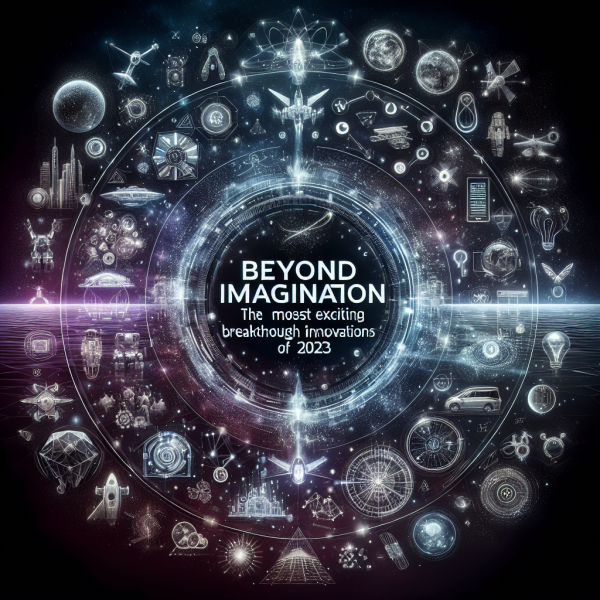Fintech Revolution: Key Insights into the Booming Tech Market

The financial technology sector, commonly referred to as fintech, has emerged as one of the most vibrant and transformative industries in the global economy. With an explosion of innovation, investment, and disruption, fintech is reshaping how consumers manage their finances, how businesses operate, and how financial institutions deliver services. This article delves into the key insights driving the fintech revolution, exploring its impact, trends, and future potential.
The Rise of Fintech: A Historical Perspective
Fintech is not a new concept; it can be traced back to the late 20th century with the advent of digital banking and online payment solutions. However, the industry has gained unprecedented momentum since the 2008 financial crisis, catalyzed by a growing distrust in traditional banking systems and a push for more transparency and accessibility in financial services. In recent years, advancements in technology, regulatory changes, and shifts in consumer behavior have combined to create an environment ripe for fintech innovation.
Key Trends Influencing the Fintech Market
1. Increased Digitalization
The COVID-19 pandemic accelerated digital adoption across all sectors, but none more so than finance. With social distancing measures in place, consumers turned to digital platforms for their banking needs. Fintech companies capitalized on this shift, providing seamless online experiences that traditional banks struggled to match.
2. Emergence of Neobanks
Neobanks—fully digital banks without physical branches—have proliferated in recent years. By leveraging technology to offer streamlined services, lower fees, and user-friendly interfaces, these banks have captured a significant share of the market, particularly among younger consumers who prioritize convenience and speed over traditional banking relationships.
3. Blockchain and Cryptocurrency
Blockchain technology and cryptocurrencies have revolutionized the fintech landscape, introducing new forms of currency and methods for conducting transactions. The rise of decentralized finance (DeFi) platforms allows users to engage in lending, borrowing, and trading without intermediaries, driving down costs and increasing accessibility.
4. Artificial Intelligence and Machine Learning
AI and machine learning are at the forefront of innovation within fintech, enhancing everything from fraud detection to personalized financial advice. Financial institutions are increasingly using these technologies to improve customer service and streamline operations, leading to faster decision-making and better risk management.
5. Regulations and Compliance
As fintech continues to evolve, so too does the regulatory landscape. Governments and regulatory bodies are increasingly focused on issues such as data privacy, cybersecurity, and anti-money laundering efforts. Companies that proactively address compliance will not only mitigate risks but also build consumer trust.
6. Customer-Centric Solutions
Today’s consumers demand more than just basic banking services. Fintech companies are focusing on user experience, offering customizable solutions tailored to individual financial goals. This customer-centric approach includes budgeting apps, investment platforms, and savings tools designed to empower users.
The Challenges Ahead
Despite its rapid growth, the fintech sector is not without challenges. Competition is fierce, with both startups and established financial institutions vying for market share. Additionally, cybersecurity concerns remain paramount, as fintech companies handle sensitive financial data that can be attractive targets for cybercriminals.
Moreover, regulatory challenges loom large, as governments worldwide grapple with the implications of fintech innovations. Striking the right balance between fostering innovation and ensuring consumer protection will be crucial for the industry’s long-term sustainability.
The Future of Fintech
Looking ahead, the fintech revolution shows no signs of slowing down. Emerging technologies such as quantum computing and the Internet of Things (IoT) are poised to further disrupt the financial landscape. As consumer expectations evolve and the global economy continues to digitize, fintech firms that prioritize innovation, transparency, and inclusivity will lead the way.
In conclusion, the fintech sector is not merely a trend; it represents a fundamental shift in the financial services landscape. With ongoing advancements and persistent demand for better solutions, we stand on the brink of a new era in finance—one driven by technology, innovation, and a commitment to meeting the needs of a diverse and dynamic consumer base. As this revolution unfolds, stakeholders across the industry must remain agile, adaptive, and committed to shaping a fairer, more efficient financial future for all.














